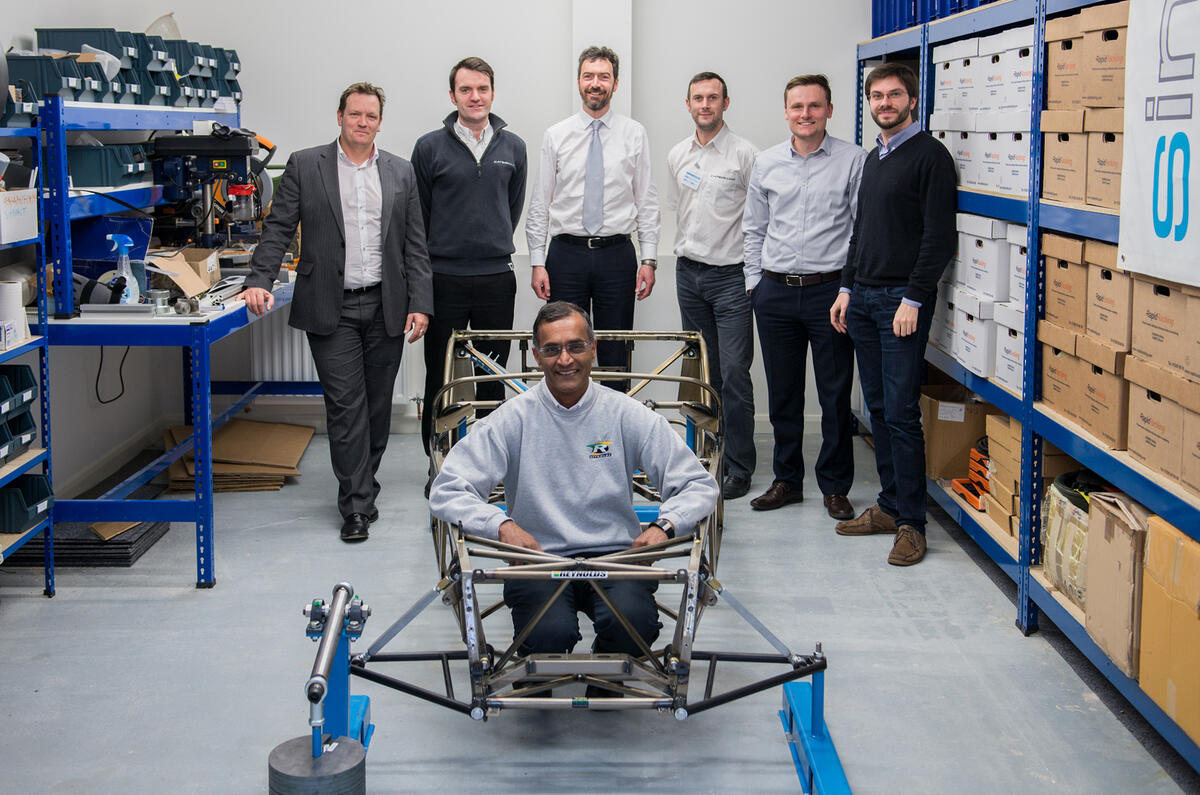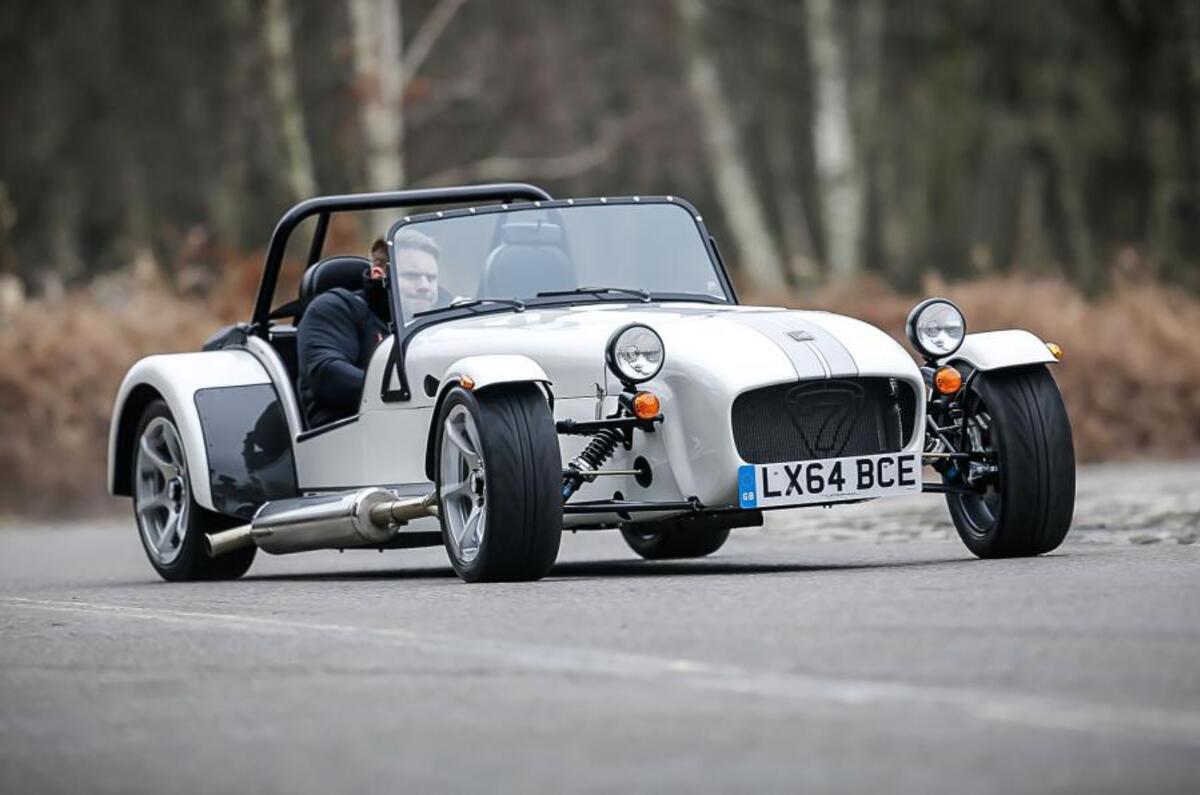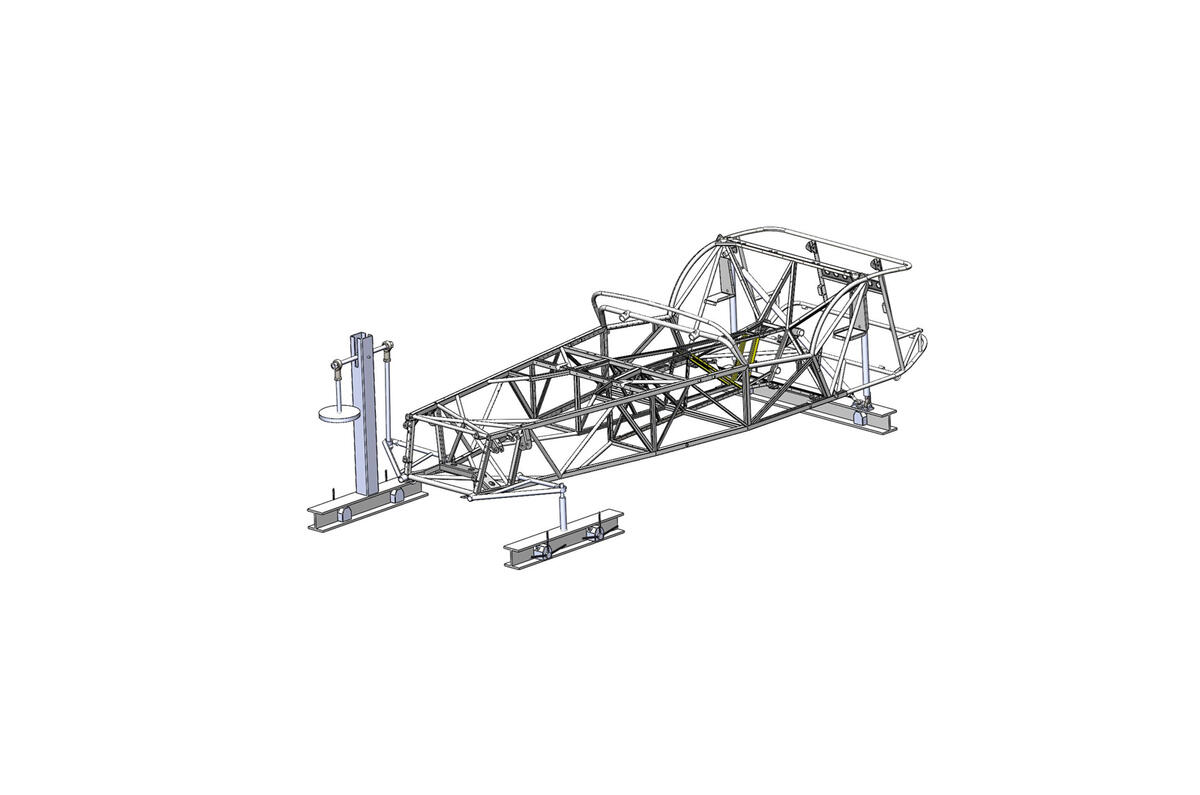Caterham has confirmed that it wants to produce an ultra-lightweight version of its Caterham Seven sports car at the start of 2017, by integrating bicycle tubing technology into its spaceframe construction.
Working with bicycle tubing expert Reynolds Technology and computer aided engineering (CAE) consultancy firm Simpact, Caterham has already created a prototype Seven 270 with a chassis that’s 10% lighter but retains the torsional rigidity the current production car.
The project, which took six months to finish and was funded by Innovate UK, was demonstrated to at the Niche Vehicle Network Symposium earlier this month, and his since gained traction thanks to strong support.

The carmaker now hopes to offer the technology to Seven customers from the start of 2017, as an optional extra that would cost between £1000-£2000. It expects as many as a fifth of Seven sales to include butted tubing.
The way butted tubes are able to reduce weight while maintaining strength is due to their unusual shape. Unlike regular tubes, they are thicker at the ends than in the middle, so joins remain strong but overall material usage is reduced by up to 50% in some parts.
In a car with a frame that weighs as little as 55kg, a 10% weight saving would shave about 5.5kg from the overall figure. Though that may seem small, on such a light vehicle (the 270 weighs 540kg) it'd have a measurable effect on bhp/ton figures and overall efficiency.


















Join the debate
Add your comment
Amazing
Am I reading this correctly?
Actual News: Overall car is 1% lighter
I would love to see a